Free Resources to Improve Gut Health and Reduce Bloating: A Step-by-Step Guide
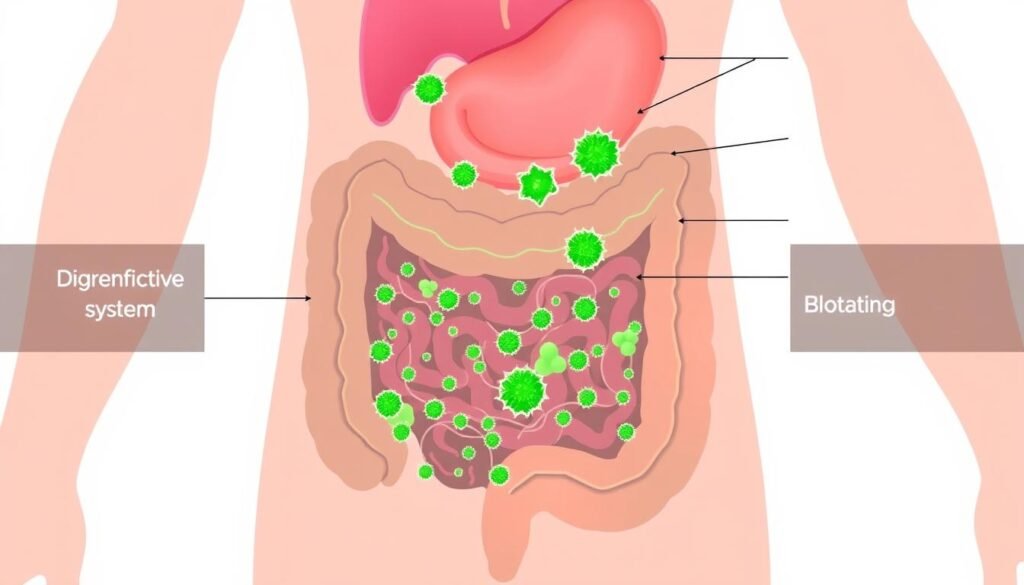
Understanding the Gut-Bloating Connection
Your gut is home to trillions of bacteria that play crucial roles in digestion, immune function, and even mood regulation. When this delicate ecosystem becomes imbalanced, bloating often follows. Research shows that up to 30% of people experience regular bloating, with symptoms ranging from mild discomfort to severe distension that affects daily activities.
The gut-brain connection also plays a significant role—stress can trigger digestive issues, while digestive discomfort can increase stress levels. This cycle makes addressing both physical and psychological factors essential for long-term relief from bloating.
Key Causes of Bloating
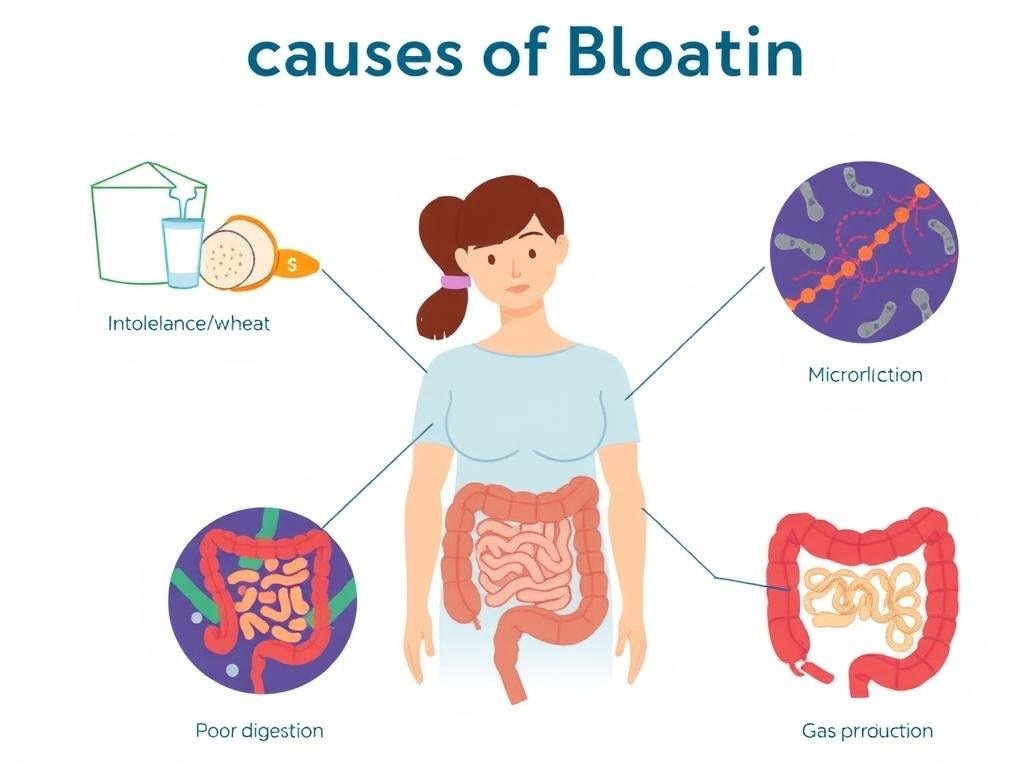
Dietary Triggers
- FODMAPs – Fermentable carbohydrates found in certain fruits, vegetables, dairy, and wheat that can cause gas and bloating
- Food intolerances – Particularly to lactose (milk sugar) and gluten
- Processed foods – High in salt, additives, and low in fiber
- Sugar alcohols – Found in sugar-free products and some fruits
- Carbonated beverages – Introduce gas directly into the digestive system
Lifestyle Factors
- Stress – Alters gut motility and increases sensitivity to bloating
- Eating habits – Eating too quickly, not chewing thoroughly
- Dehydration – Slows digestion and can lead to constipation
- Sedentary lifestyle – Reduces gut motility
- Poor sleep – Disrupts digestive rhythms and gut bacteria balance
Free Gut-Friendly Meal Plans
Dietary changes are often the most effective way to reduce bloating. These free, downloadable meal plans are designed to support gut health while minimizing common bloating triggers.
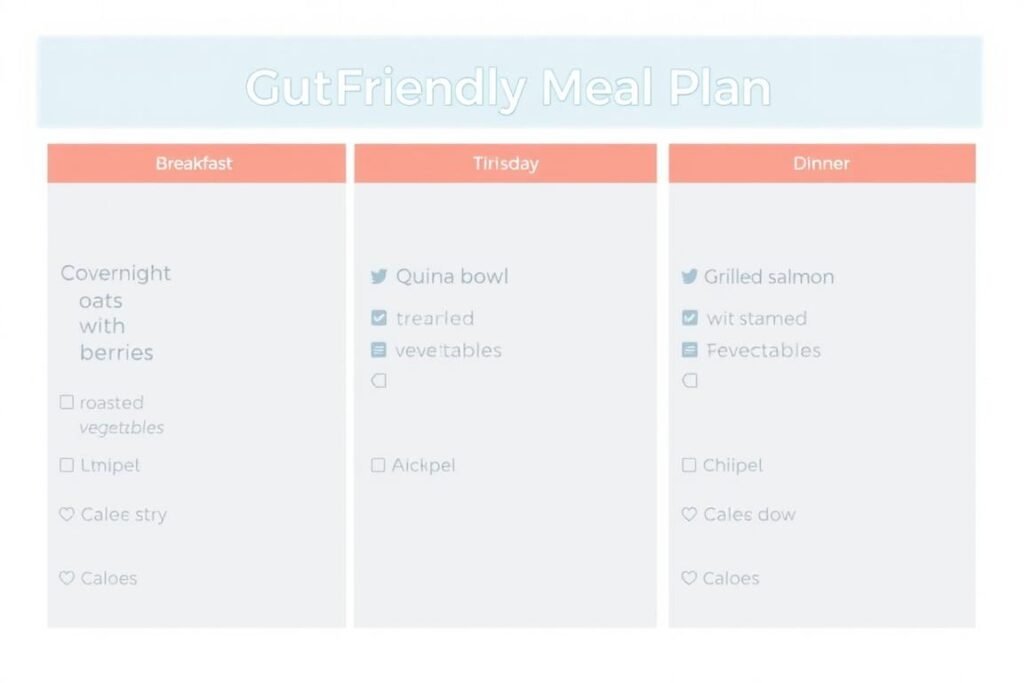
3-Day Low-FODMAP Starter Plan
Perfect for those new to gut-friendly eating. This plan eliminates high-FODMAP foods that commonly cause fermentation and gas in the intestines.
- Simple, easy-to-prepare meals
- Complete shopping list
- Nutritionally balanced
- Vegetarian options included
Anti-Inflammatory Gut Reset
Focus on reducing inflammation in the digestive tract with this 5-day plan featuring antioxidant-rich foods and natural anti-inflammatories.
- Emphasis on whole foods
- Rich in omega-3 fatty acids
- Includes turmeric and ginger recipes
- Suitable for most food sensitivities
High-Fiber Gradual Introduction Plan
Slowly increase your fiber intake without triggering bloating with this carefully designed 7-day plan that helps train your gut bacteria.
- Progressive fiber increase
- Hydration reminders
- Prebiotic food focus
- Digestive enzyme-rich foods
Important: While these meal plans are designed to help most people with bloating, individual triggers vary. Use the Food & Symptom Tracker alongside these plans to identify your personal sensitivities.
Free Apps and Digital Tools for Gut Health
Technology can be a powerful ally in your gut health journey. These free digital tools help you track symptoms, identify patterns, and make informed decisions about your diet and lifestyle.
Food and Symptom Tracking Apps
- MyFitnessPal (Free version) – Track meals, water intake, and exercise
- Cara Care – Specifically designed for digestive health tracking
- Bowelle – Simple interface for tracking digestive symptoms
- Zemedy – Includes cognitive behavioral therapy for IBS
Educational Resources
- NIH Digestive Diseases Information – Science-backed articles
- Monash University FODMAP App (Free resources section)
- Harvard Health Gut Microbiome Blog – Expert insights
- YouTube Gut Health Channels – Visual learning resources
Free Guides and Checklists
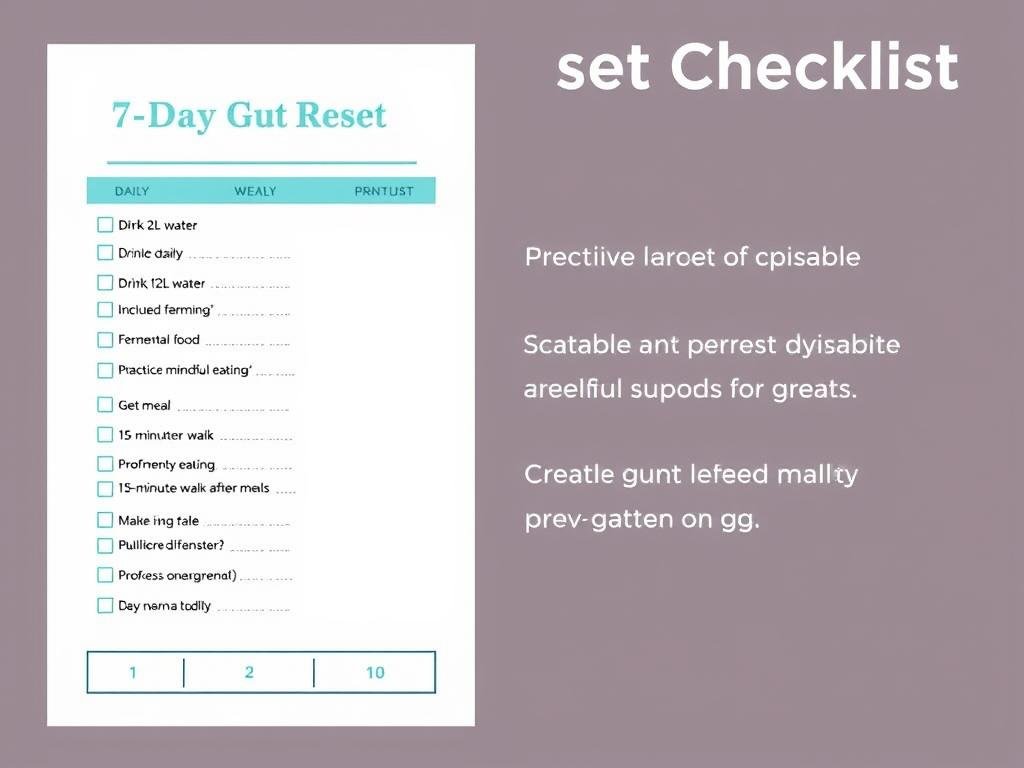
7-Day Gut Reset Checklist
This comprehensive checklist guides you through a week of targeted actions to reset your gut health and reduce bloating. Each day includes simple, actionable steps across four key areas:
Hydration
- Optimal water intake timing
- Hydrating food suggestions
- Bloat-reducing herbal teas
Nutrition
- Prebiotic food introduction
- Anti-inflammatory choices
- Portion guidance
Movement
- Digestion-boosting exercises
- Post-meal walking plan
- Gentle yoga positions
Stress Management
- Gut-directed breathing
- Mindful eating practice
- Sleep optimization
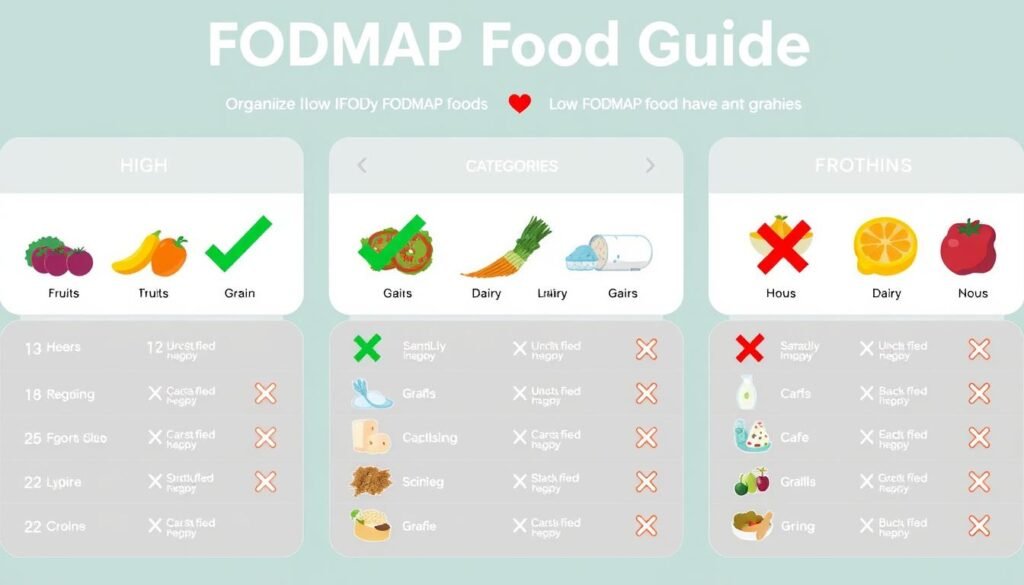
Free Lifestyle Hacks for Better Gut Health

Stress Reduction Techniques
Stress directly impacts gut function through the gut-brain axis. These free resources can help activate your “rest and digest” parasympathetic nervous system:
Free Guided Practices
- Diaphragmatic breathing – UCLA Health’s free 5-minute guided practice
- Gut-directed meditation – Available on YouTube and free meditation apps
- Progressive muscle relaxation – NHS-provided audio guides
Daily Habits
- Mindful eating practice – Free guide included in our resource bundle
- Digital sunset routine – Schedule included in sleep guide
- Nature exposure – Science-backed benefits for gut-brain axis
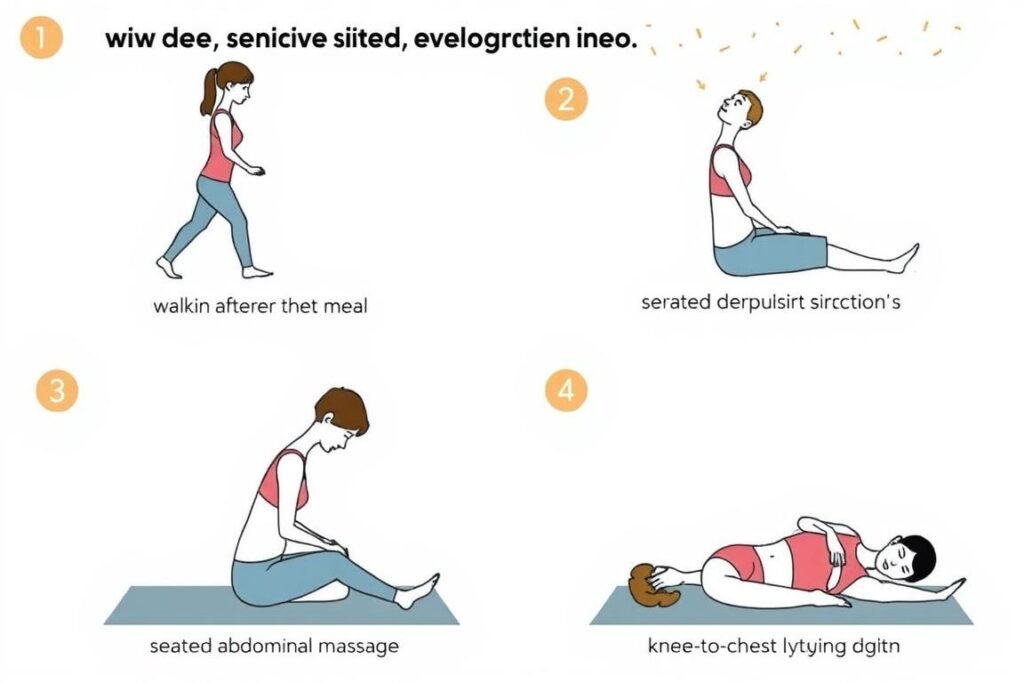
Movement for Better Digestion
Physical activity stimulates the digestive system and can help reduce bloating. These free movement resources are specifically designed to support gut health:
- Post-meal walking routine – Even 10 minutes can significantly improve digestion
- Yoga for digestion – Free YouTube sequences by qualified instructors
- Abdominal massage technique – Self-massage guide included in our resource bundle
- Gentle core exercises – Support abdominal muscles without triggering bloating
Frequently Asked Questions About Gut Health & Bloating
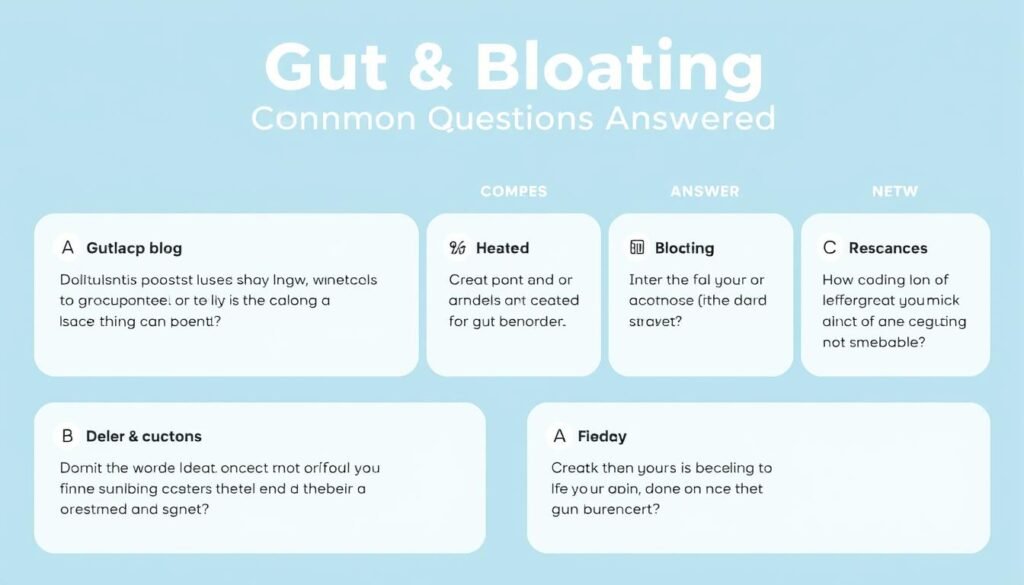
Can probiotics help reduce bloating?
Research shows that certain probiotic strains can help reduce bloating, particularly those containing Lactobacillus and Bifidobacterium species. However, results vary by individual. The National Institutes of Health (NIH) suggests that probiotics may be most effective when your symptoms are related to an imbalance in gut bacteria.
Free resource: Our guide includes links to NIH and Harvard Medical School’s free articles on probiotic research for specific digestive symptoms.
How long does it take to see improvements in bloating with dietary changes?
Most people notice some improvement within 2-4 weeks of consistent dietary changes. However, the gut microbiome can take 2-3 months to significantly adapt to new dietary patterns. Patience and consistency are key, as is a gradual approach to introducing high-fiber foods.
Free resource: Our Gut Health Timeline infographic shows what changes to expect week-by-week when implementing dietary modifications.
Is bloating ever a sign of something serious?
While bloating is usually related to functional digestive issues, persistent or severe bloating accompanied by “red flag” symptoms should be evaluated by a healthcare provider. These include unintentional weight loss, blood in stool, severe pain, fever, or bloating that doesn’t improve with lifestyle changes.
Free resource: Our “When to See a Doctor” checklist helps you determine if your symptoms warrant medical attention.
Do I need to eliminate all FODMAPs forever to reduce bloating?
No. The low-FODMAP diet is designed as a temporary elimination followed by systematic reintroduction. Research from Monash University shows that most people can reintroduce many high-FODMAP foods once they identify their specific triggers. Long-term, overly restrictive diets can actually reduce microbial diversity and worsen gut health.
Free resource: Our FODMAP Reintroduction Protocol guide explains the science-backed approach to expanding your diet while managing symptoms.
Start Your Gut Health Journey Today

Improving your gut health and reducing bloating doesn’t require expensive supplements or complicated protocols. With the free resources provided in this guide, you have everything you need to begin making meaningful changes today. Remember that everyone’s gut is unique—what works for one person may not work for another. The key is to track your symptoms, identify your personal triggers, and implement changes gradually.
Disclaimer: This information is for educational purposes only and is not intended to replace medical advice. If you have severe or persistent bloating, please consult with a healthcare provider to rule out underlying medical conditions.
🌸 Discover Weight Management Supplements That Works — Handpicked for You
Curated health & beauty essentials our readers trust — explore your new self-care favorites.
🌸 Discover Beauty That Works — Handpicked for You
Curated health & beauty essentials our readers trust — explore your new self-care favorites.
💖 Connect with SmartWellnessBeauty
Join our wellness & beauty community for daily inspiration, mindful living, and radiant self-care — follow us across your favorite platforms.
Explore More ✨


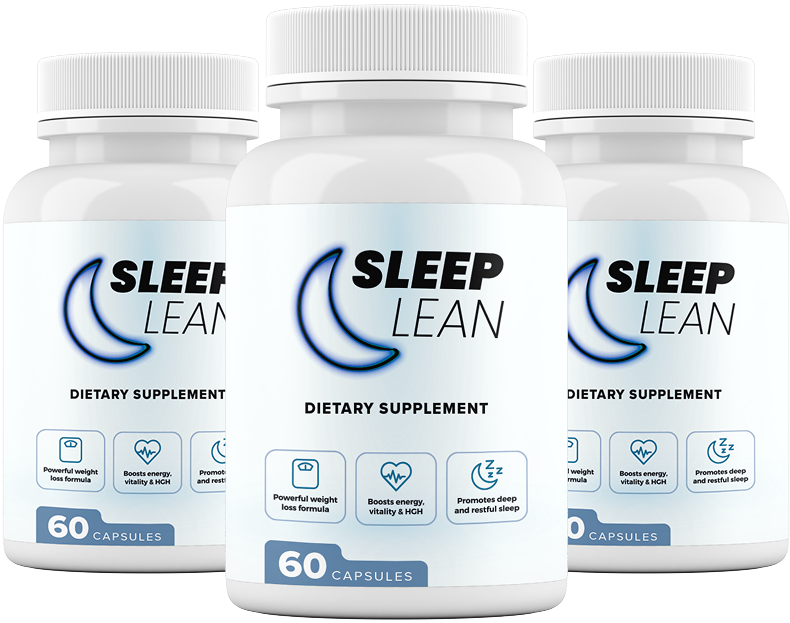

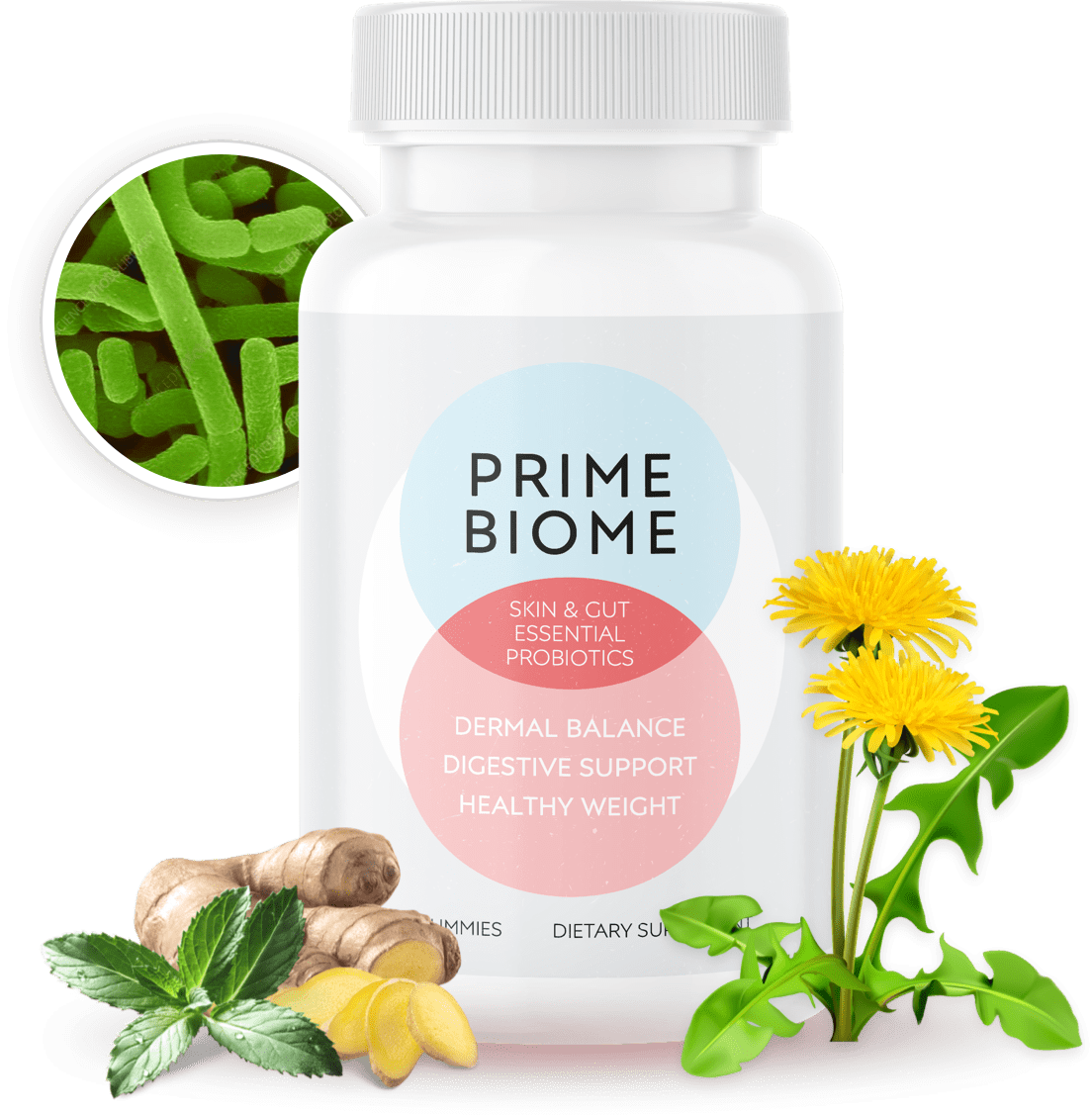


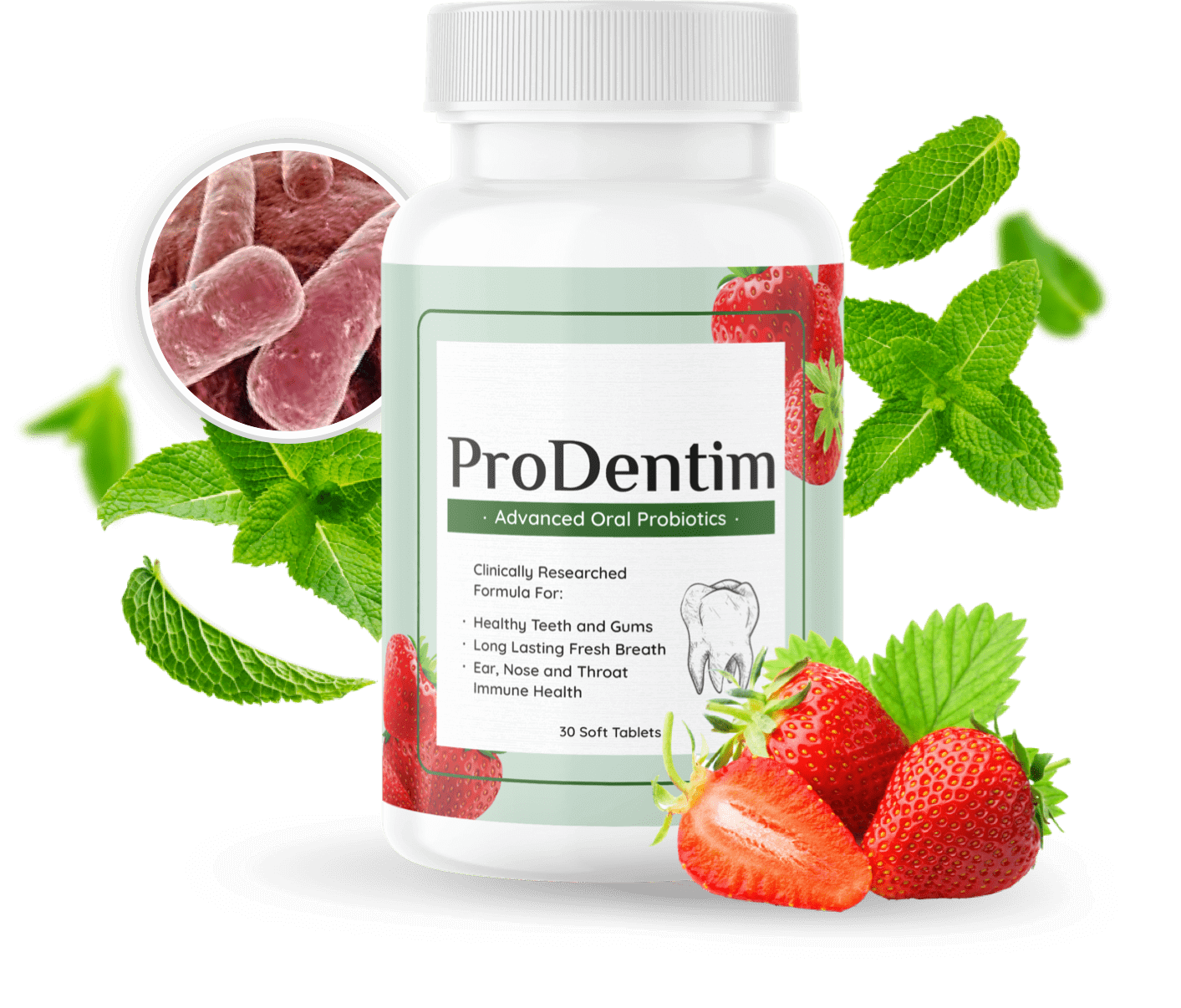

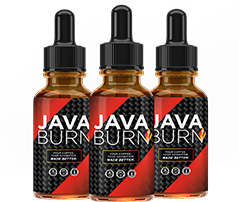

What do you think?
Show comments / Leave a comment